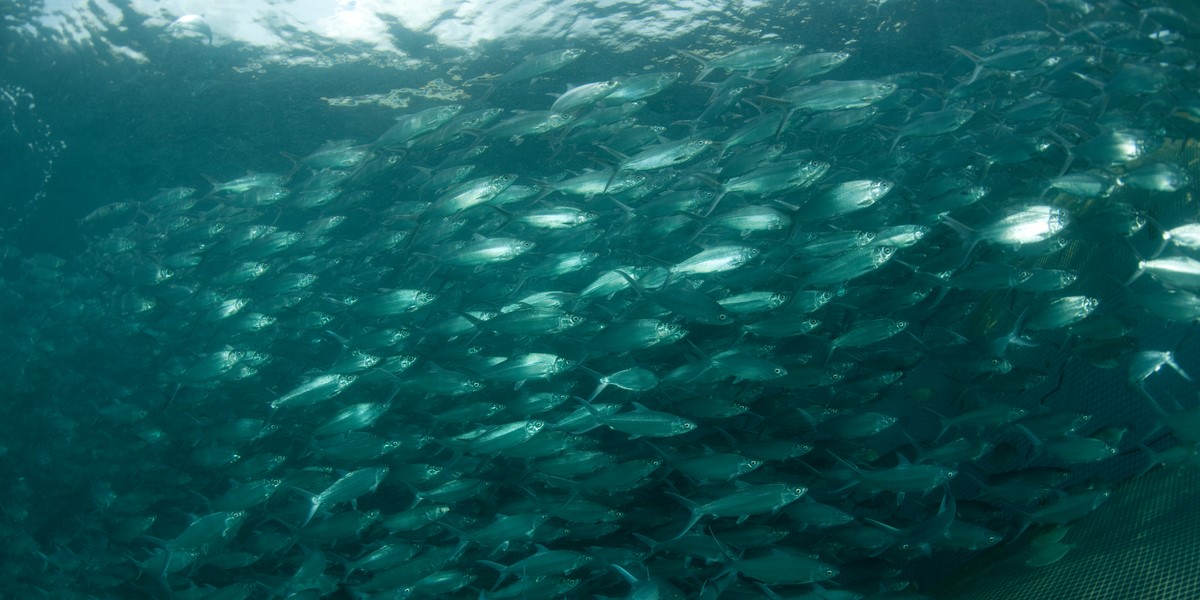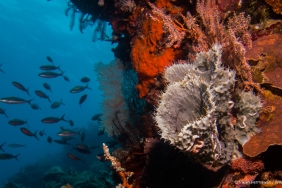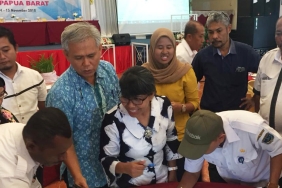OPTIMIZING FISHERIES SUBSIDIES TO SUPPORT SUSTAINABLE FISHERIES
Overfishing is one of the major issues faced by fisheries sector around the world. As a matter of fact, government subsidies also frequently contribute to overfishing and overcapacity.
In the 9th Miniterial Conference of World Trade Organization (WTO) convened in Bali on early December 2013, Trade Ministers of Argentina, Australia, Chile, Colombia, Costa Rica, Ecuador, Iceland, New Zeeland, Norway, Pakistan, Peru, Philippines, and United States were committed to abolish subsidies that could contribute to overfishing and/or overcapacity of fishing fleet, and to put an end to programs that might also cause overfishing. Those countries, declaring themselves as Friend of Fish, jointly called for ending the disputes and starting the adoption of WTO new rules where government investments in the fisheries sector should deliver returns for sustainable livelihoods.
Meanwhile the other countries made a pact to end negative subsidies in fisheries sector, Indonesiaas the host of the 9th WTO ministerial meeting showed the same initiative that wasto finalize the new National Fisheries Subsidies Guidelines. The main objectives are to ensure that the programs supported by government are promoting sustainable fisheries management, to support responsible and environmentally friendly fishing practices, and to optimize the use of fisheries resources. Those objectives were stated in a side meeting “South-South Exchange on Reforming Fisheries Subsidies” organized by WWF and Ministry of Marine Affairs and Fisheries (MMAF)-Indonesia. Gellwynn Jusuf, Capture Fisheries General Director of MMAF, explained that the guideline document had been launched on last November for public consultation.
WWF supported MMAF’s fisheries subsidy reformsby giving some input into the research design, case study selection, and conducting some dialogue with stakeholders. WWF has been working for more than a decade to end negative subsidies that lead to overfishing and overcapacity. However, some experts estimate that annually tens of billions of dollars is still wasted on the fisheries sector without taking into account the impacts on sustainability.
Government investments are expected to support promoting sustainable fisheries management, responsible fishing practices, and the optimum use of fisheries resources instead. Subsidy policy should also consider the status of fish stocks and fisheries management performance.





